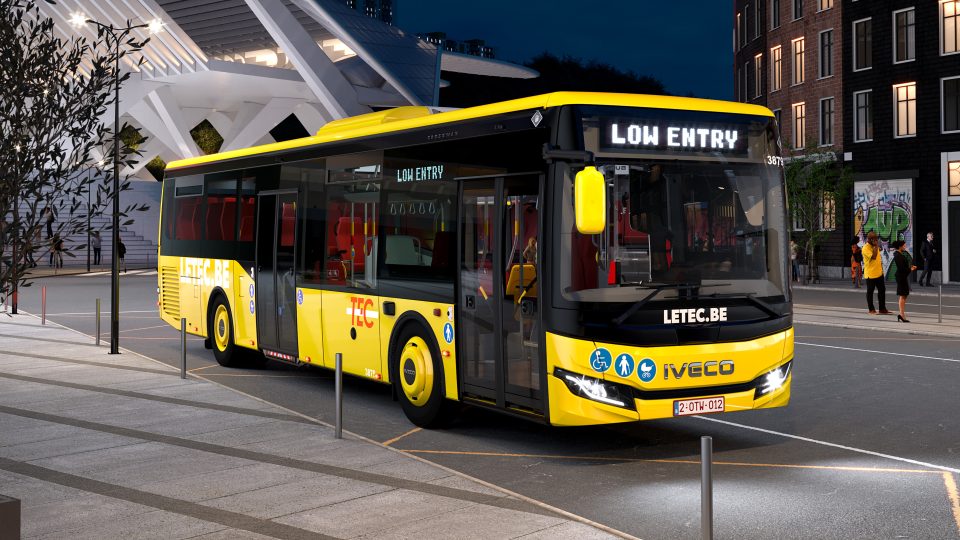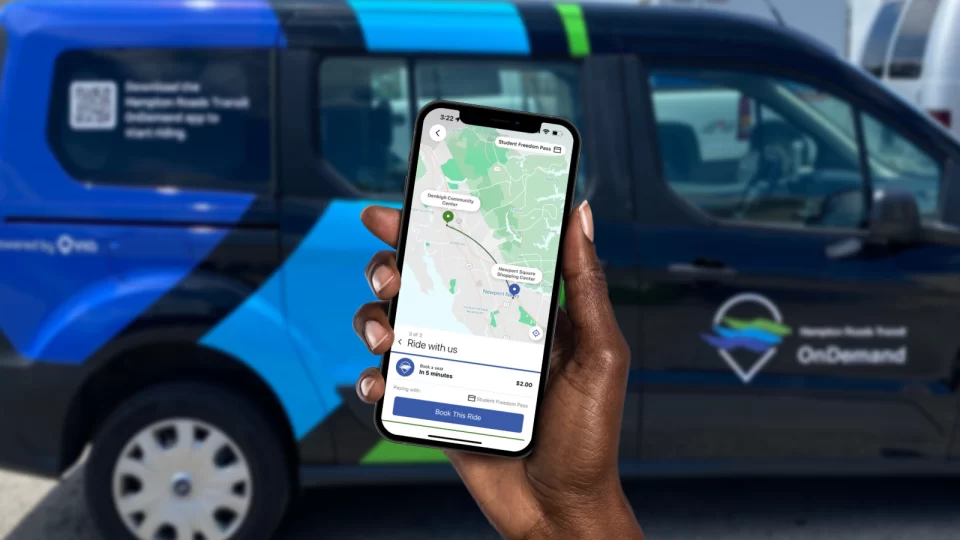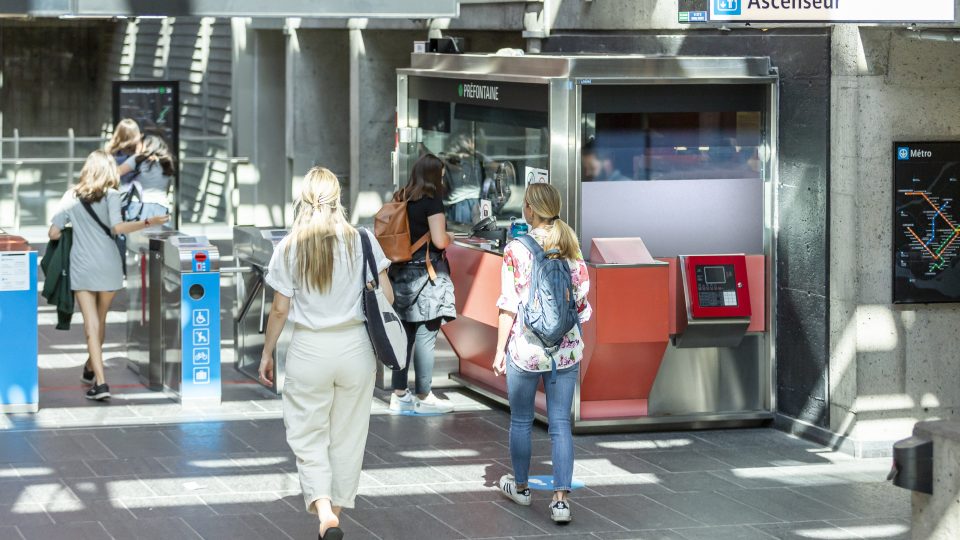Scania founded Erinion, a company for charging systems
To help its customers and accompany them step by step in the transition to electric, Scania announced that it has established Erinion, a company specializing in private and semi-public charging systems. This strategic move will see the installation of 40,000 new charging points at customer sites and will strengthen the Swedish group’s e-Mobility offering. Initially, […]
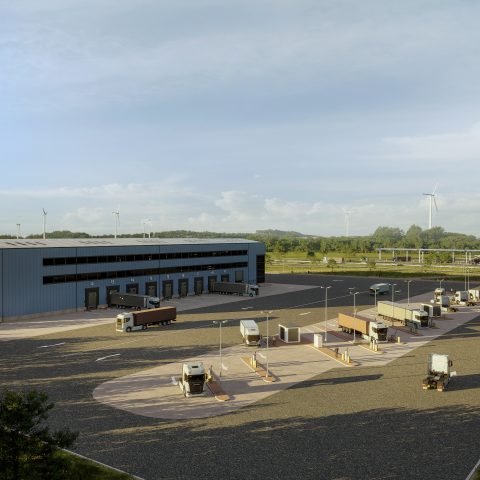
To help its customers and accompany them step by step in the transition to electric, Scania announced that it has established Erinion, a company specializing in private and semi-public charging systems. This strategic move will see the installation of 40,000 new charging points at customer sites and will strengthen the Swedish group’s e-Mobility offering.
Initially, the new company will have a market presence in Sweden, Norway, the United Kingdom, the Netherlands, France and Germany. A global rollout will follow in due course. The brand-agnostic approach ensures that businesses of all types, regardless of vehicle brand, can benefit from Erinion’s charging infrastructure and operational services. By 2030, 230,000 electric trucks (Acea data) and 11,000 e-buses (according to UITP) are expected to be on European roads. To support this growth, Erinion plans to install at least 40,000 charging points at customer sites through 2030.
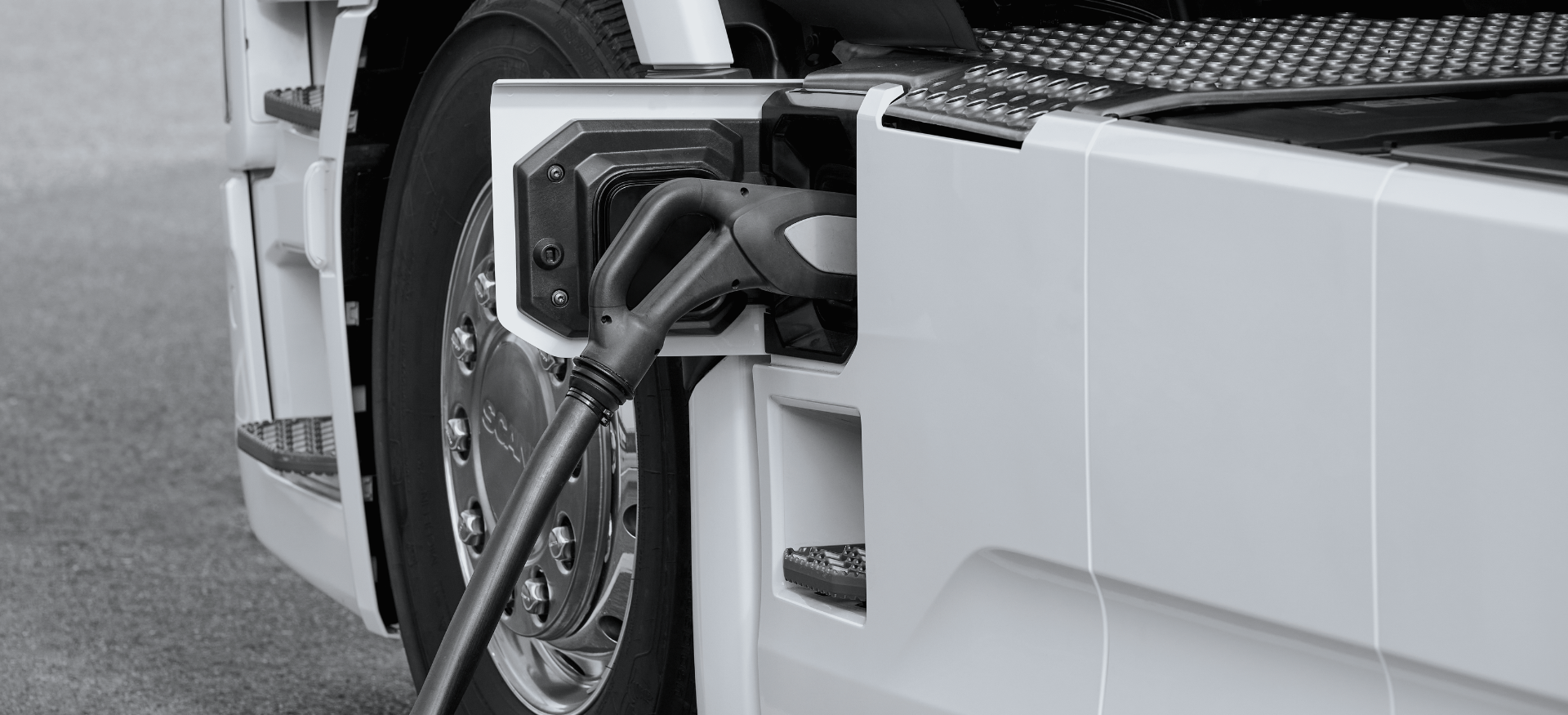
Scania gives birth to Erinion
The new company, Erinion, was founded by Scania to provide depot and destination charging solutions with the goal of accelerating the adoption of electric trucks and buses, pursuing the goal of a sustainable transportation system. Erinion’s solutions will enable customers to seamlessly transition to zero-emission fleets with optimal uptime. This will be a key factor in meeting Scania’s stated ambition to make 50 percent of its sales volume in Europe electric by 2030.
Depot and destination charging
Industry studies suggest that depot charging will be the main source of energy for short and long-range operations. Complementing public charging networks, depot-and-destination charging offers a dedicated charging infrastructure at the customer’s depot or other predefined locations. The benefits are many: predictable charging schedules that ensure vehicles are fully recharged, increased uptime, and, ultimately, maximum operational efficiency and cost savings through predictable and stable energy costs that are tailored to each customer’s specific operations.
By providing predictable energy costs and solutions tailored to each customer’s activities, depot and destination charging also enables optimization of power levels and charging schedules, improving battery life and overall vehicle efficiency. In addition, because depot charging often occurs during off-peak hours, this means lower and more controlled electricity rates, while destination charging can occur on an opportunistic basis while the driver is resting or delivering goods.
Scania’s research, validated by pilot programs with customers, reveals the potential for significant cost savings with advanced charging solutions. Customers can expect investment reductions of up to 50 percent and operational savings of up to 15,000 euros per year per truck.
Customized solutions by Scania
Today, depot charging is becoming increasingly advanced. It is not just a matter of providing chargers, network connections, and managing installation. With the new company, Scania’s transportation customers will benefit from advanced integrated software and hardware as well as operational and support services. The modular, purpose-built solutions can be offered as a standard resale model or as a hybrid-flexible pricing model that allows customers to combine down payments, finance leases, and variable service and maintenance fees.
“With our solution, customers have peace of mind and can focus on their core business, while a specialized charging unit takes care of the hardware, software, financing, and operational services needed to manage charging at scale with superior quality and cost efficiency”, says Jonas Hernlund, Head of Energy and Infrastructure, Scania Group.
“In the transition, the transportation system will be redefined. Our new depot charging solutions company is an excellent example of an initiative that will play an important role for our customers in the future transportation ecosystem during the transition to electric transportation”, says Gustaf Sundell, Executive Vice President and Head of Ventures and New Business at Scania Group.





